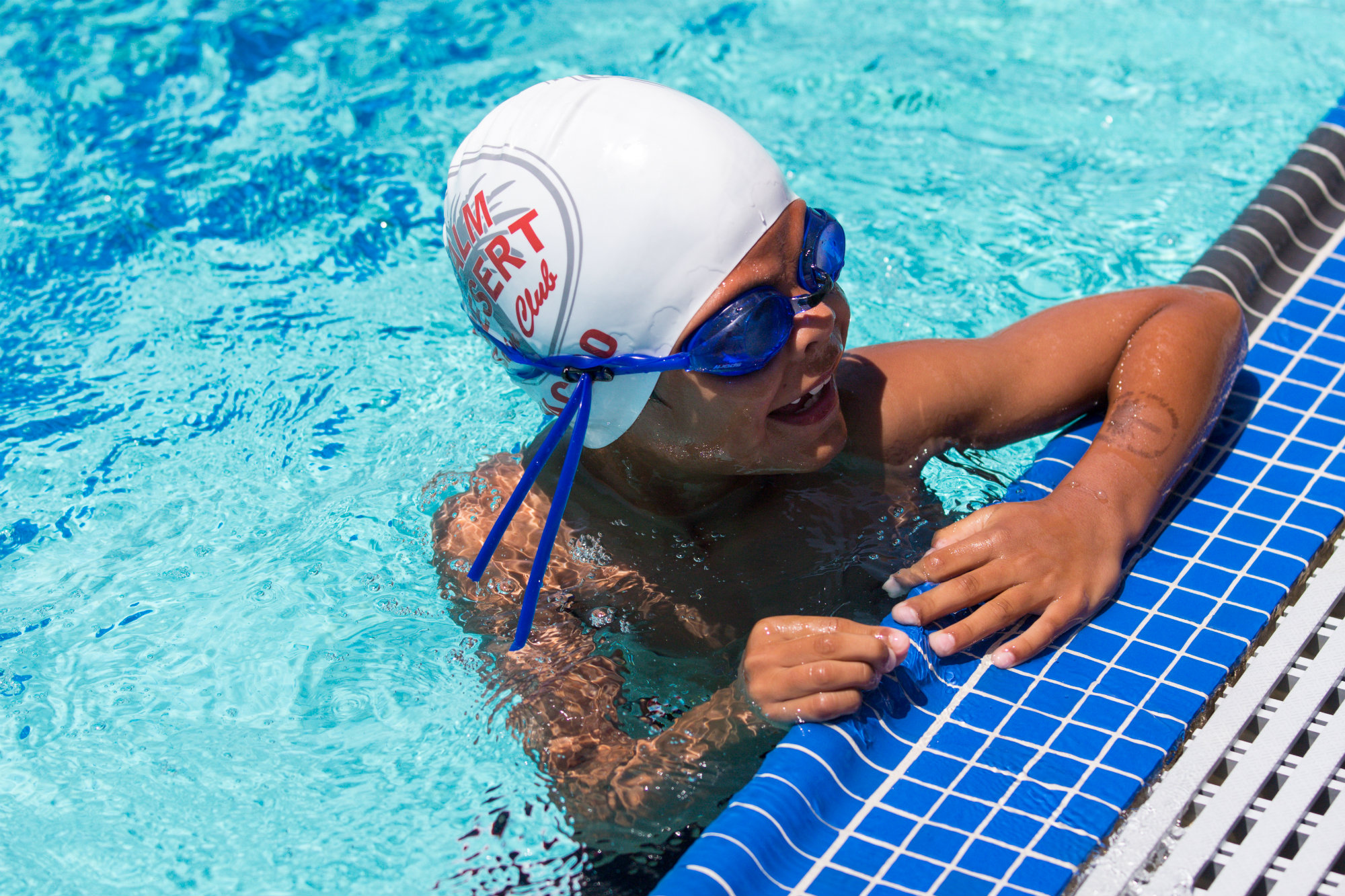Once upon a time, the ability to swim may have been considered a luxury. But now it is viewed as a basic survival skill. Simply being able to float could mean the difference between life and death.
According to the Centers for Disease Control, participation in formal swim lessons can reduce the likelihood of childhood drowning death by 88 percent. “More swimmers … reduces drowning,” said Tom Lachocki, Ph.D., CEO of the National Swimming Pool Foundation.
Because of this, many organizations are donating funds to programs that help people learn to swim.
The Master Pools Guild recently donated $40,000 to NSPF’s Step Into Swim Campaign. The initiative raises funds that are directly given to learn-to-swim organizations such as the YMCA of Central Ohio, the Fort Worth Drowning Prevention Coalition in Fort Worth, Texas, and the Redding Aquatic Center in Redding, Calif. It began in 2012 and its goal is to create 1 million new swimmers within 10 years.
“It’s part of the Guild’s mandate to encourage people to love water, use it safely and encourage swimming in general,” said Carla Sovernigo, chairperson of Master Pools Guild. “Step Into Swim is a program that allows children [to have access to] swimming lessons, and this will help them to enjoy water safely.”
Recognizing the health benefits of swim lessons, Kaiser Permanente also has dug deeply into its pockets to help teach people how to swim. Through its Operation Splash program, which is designed to promote water safety and encourage exercise, the organization recently gave $240,000 to the city of Los Angeles, Recreation and Parks Department, Aquatics Division. The funds will underwrite swim lessons for approximately 6,000 children, teenagers and adults at 35 pools in the Los Angeles area, and provide lifeguard scholarships for 780 youths at 47 sites.
But Kaiser didn’t stop there. Its Operation Splash grants for this year expand to six other Southern California cities, including Bakersfield, Riverside, Ventura and Indio. They’re intended to benefit low-income residents in communities “where opportunities for safe physical activity are scarce,” said Roberta Tinajero, community benefit manager, Kaiser Permanente.
These donations bring Kaiser’s total grant to $485,500. “Providing opportunities for physical activity is aligned with Kaiser Permanente’s Community Health Initiative and obesity prevention efforts,” said Tinajero. “Learning to swim leads to a long, healthy-living lifestyle involving regular exercise.”
Kaiser does not have any immediate plans to expand Operation Splash, said Tinajero, but those who have received the grant are making the most of it.
“The city of Los Angeles is very appreciative of receiving the grant,” said Patricia Delgado, principal recreation supervisor, Aquatics Section, for the city of Los Angeles Recreation and Parks Department.
She said that when parents see their children learning to swim, they often make swim lessons a priority and re-register them for more lessons. They also sometimes end up booking swim lessons for themselves, turning aquatic activities into a family affair.


